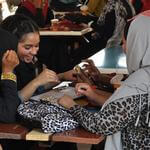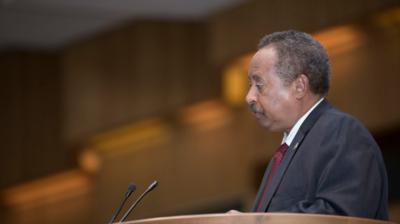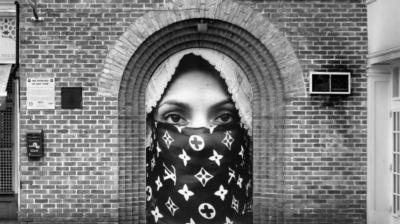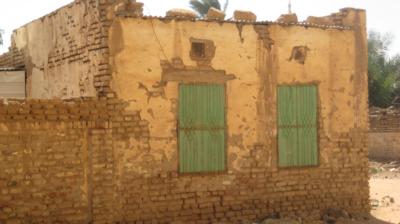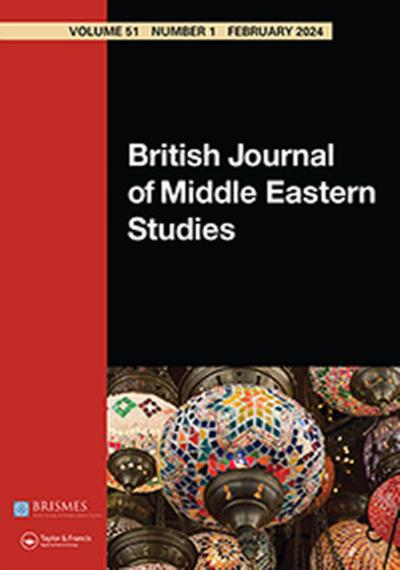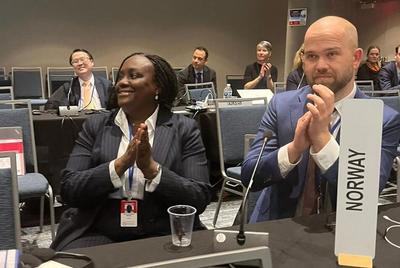Traditional, but changing, cultural norms: Rural community views on child marriage in Algadaref State, Sudan
This report investigates child marriage in Algadaref State, located in Sudan’s eastern region.
Child marriage is a human rights violation affecting children’s and women’s rights to health, education, equality, non-discrimination, and freedom from violence and exploitation. Child marriage has harmful effects on young girls. Neither physically nor emotionally ready to become wives and mothers, child marriage exposes young girls to a wide range of health risks. The minds and bodies of young girls are physically unprepared for sexual activity and childbirth, increasing the risks of maternal health complications. Early pregnancy increases the risk of both maternal and child mortality. Added to that, girl brides are more likely to suffer domestic violence and marital rape. Child brides are rarely allowed to continue their education. With limited access to education and subsequent economic opportunities, child brides and their families are more likely to live in poverty.
In recent years, child marriage has received great attention on international and national development agendas. The UN Sustainable Development Goals, adopted in September 2015, include eliminating child marriage as a key target for advancing gender equality by 2030. This goal may help sustain international attention and enhance political will at the national level in states with a high prevalence of child marriage. According to UNICEF’s 2015 report A Profile of Child Marriage in Africa, the prevalence of child marriage has been slowly declining in Africa, but remains higher than the global average.
Arabic translation of the report
Liv Tønnessen
